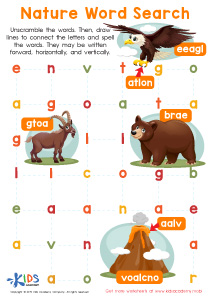Enhance vocabulary skills Sight Words Worksheets for Ages 4-6
3 filtered results
-
From - To
Unlock your child's reading potential with our "Enhance Vocabulary Skills Sight Words Worksheets" designed specifically for ages 4-6. These engaging worksheets help young learners recognize, read, and understand key sight words, laying a strong foundation for literacy. Filled with fun activities, the worksheets incorporate colorful illustrations and interactive exercises to make learning enjoyable. As children practice, they build confidence in their reading abilities and expand their vocabulary. Perfect for at-home learning or classroom use, these worksheets provide a structured way to develop essential language skills while keeping kids entertained. Start empowering your child's reading journey today!
Caring about vocabulary skills and sight words for ages 4-6 is crucial for parents and teachers, as these foundational elements significantly contribute to a child's reading success and overall literacy development. Sight words—commonly used words that children are encouraged to recognize without decoding—foster fluency, enabling smooth reading and comprehension. At this age, children develop essential cognitive skills, and learning sight words enhances their confidence and motivation to read.
Building a rich vocabulary serves to improve language skills as children enter more complex texts. A robust vocabulary helps in understanding context, expressing ideas, and engaging in conversations. Early exposure to diverse words fosters curiosity and critical thinking, essential for lifelong learning.
Moreover, the early years are a prime time for brain development; introducing vocabulary techniques can improve memory and cognitive skills. Engaging activities such as games, reading together, and using visuals can make learning fun and effective. When parents and teachers actively promote vocabulary richness and sight word recognition, they lay the groundwork for a child’s academic success and social interactions. Supporting children in these areas not only prepares them for future literacy challenges but also promotes a love for reading that can last a lifetime.


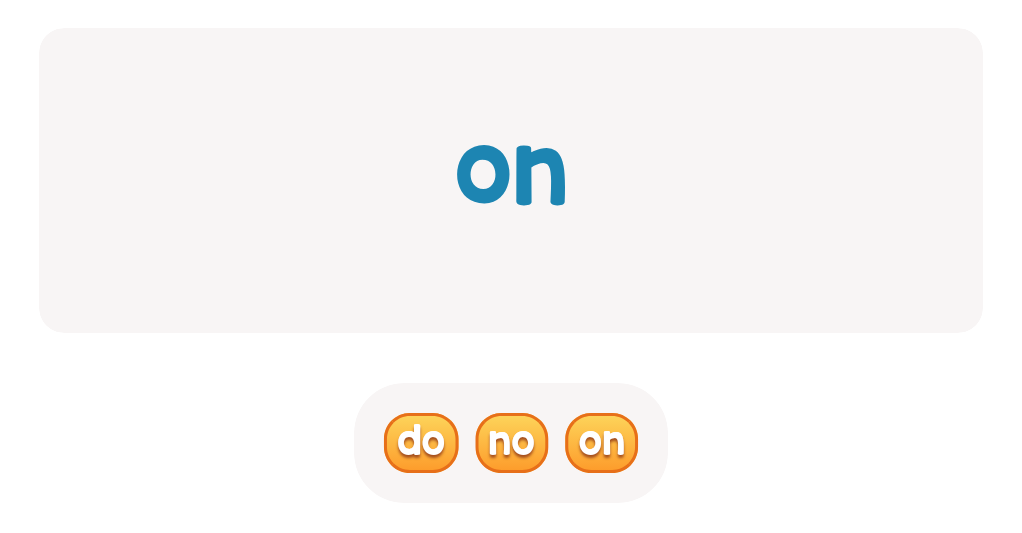
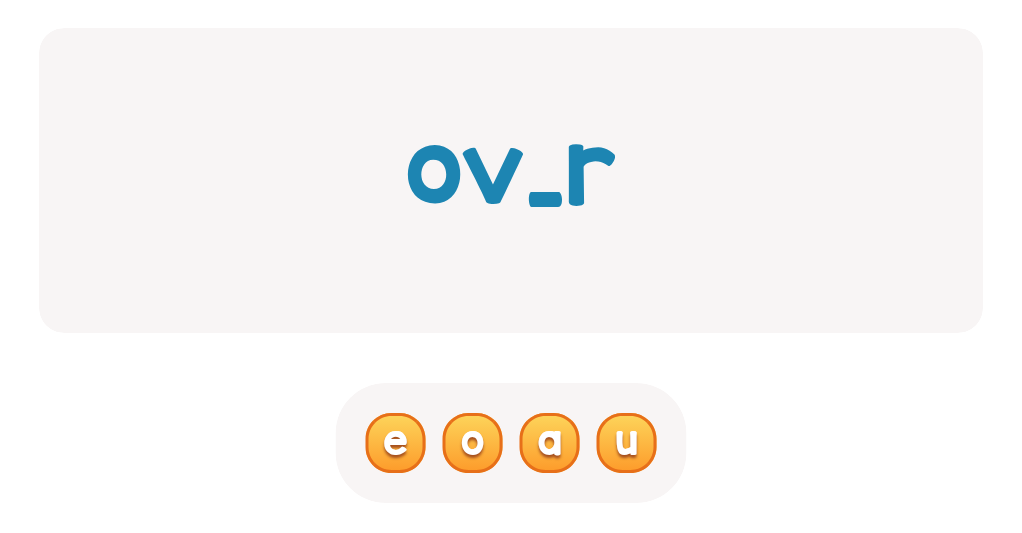
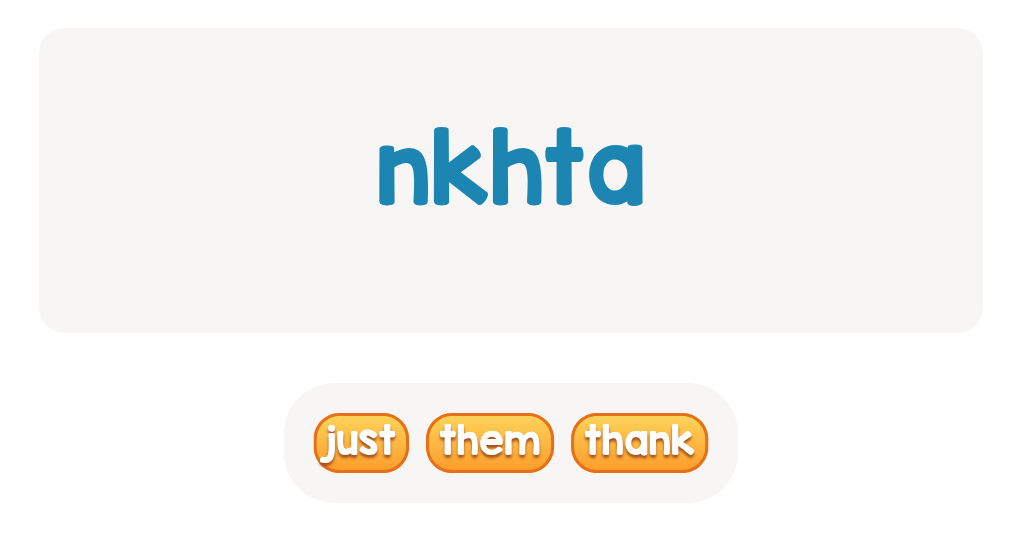
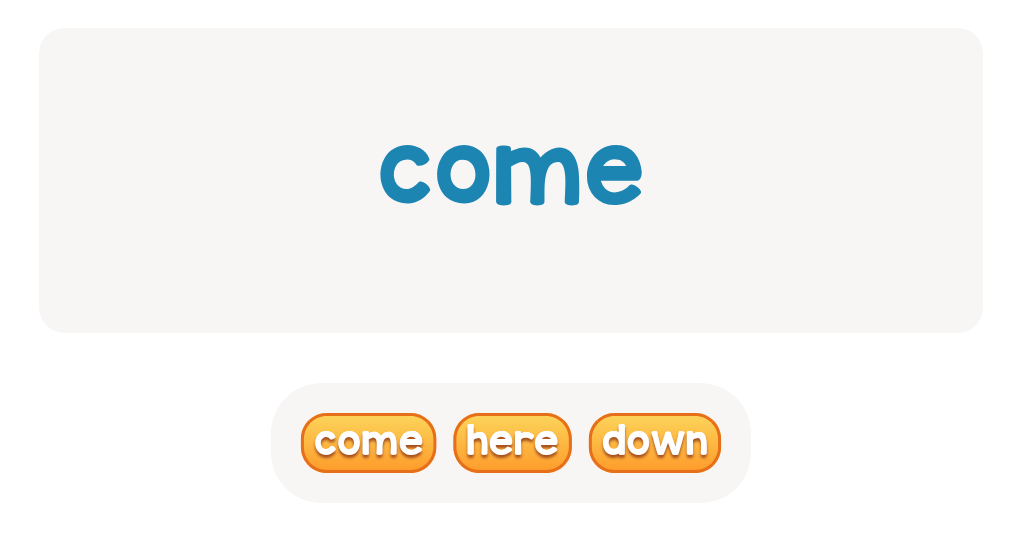
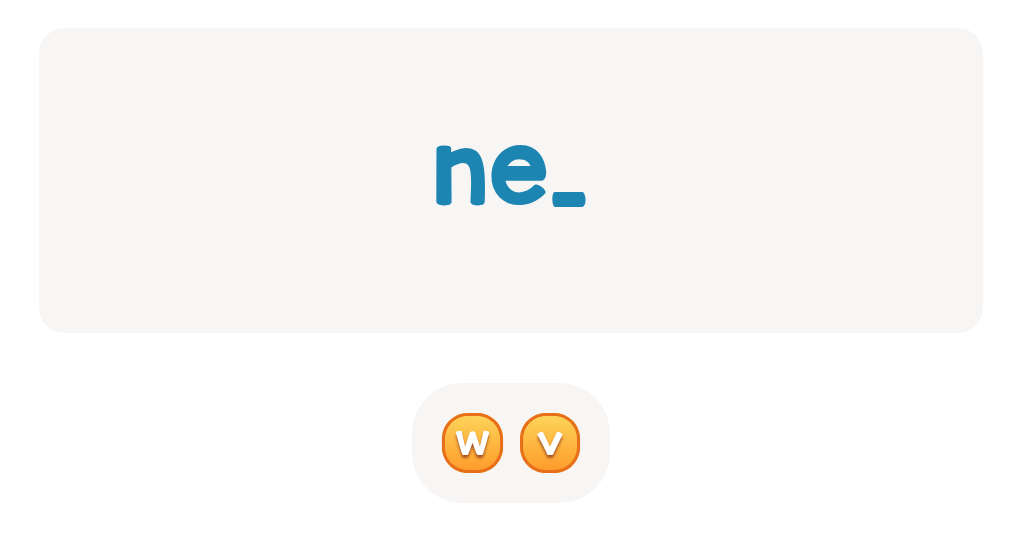
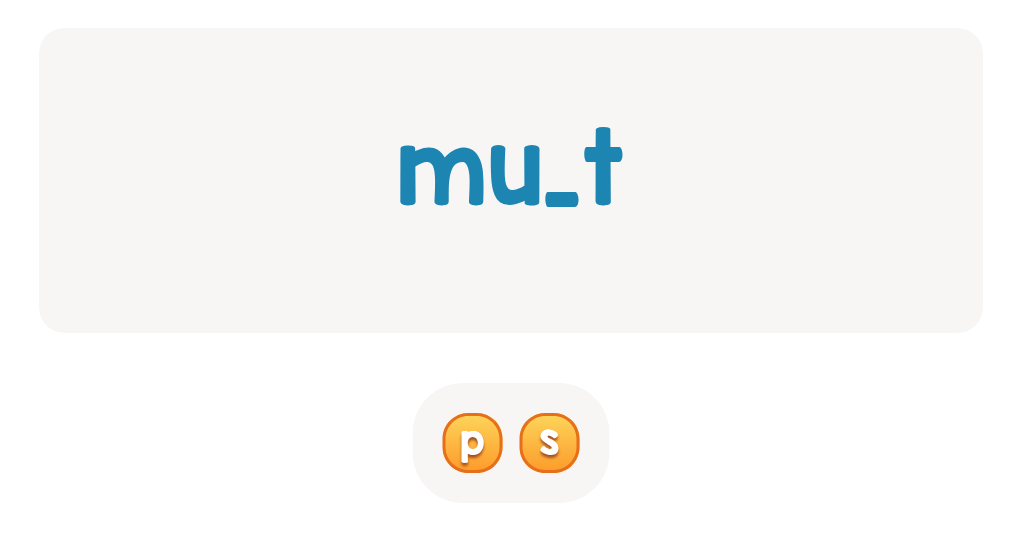
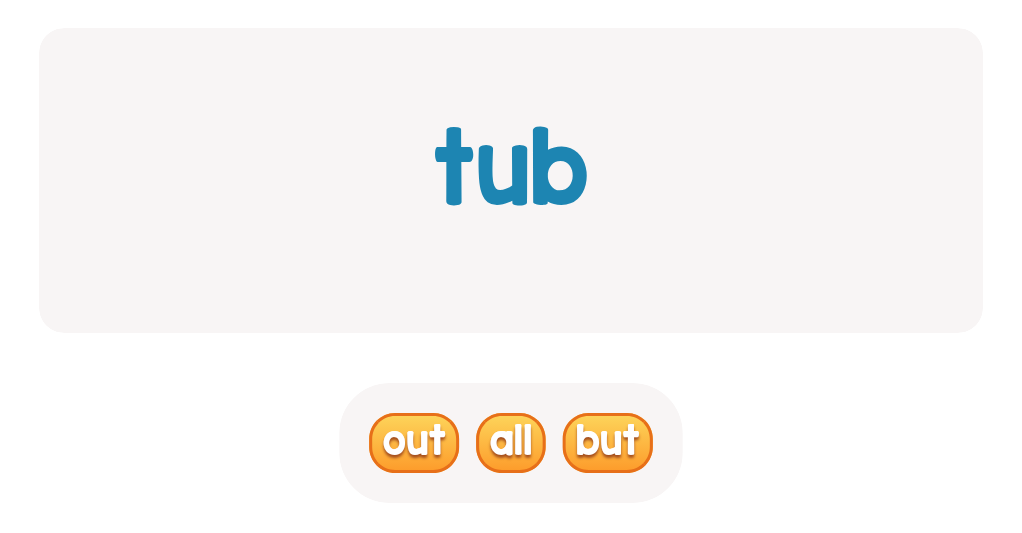
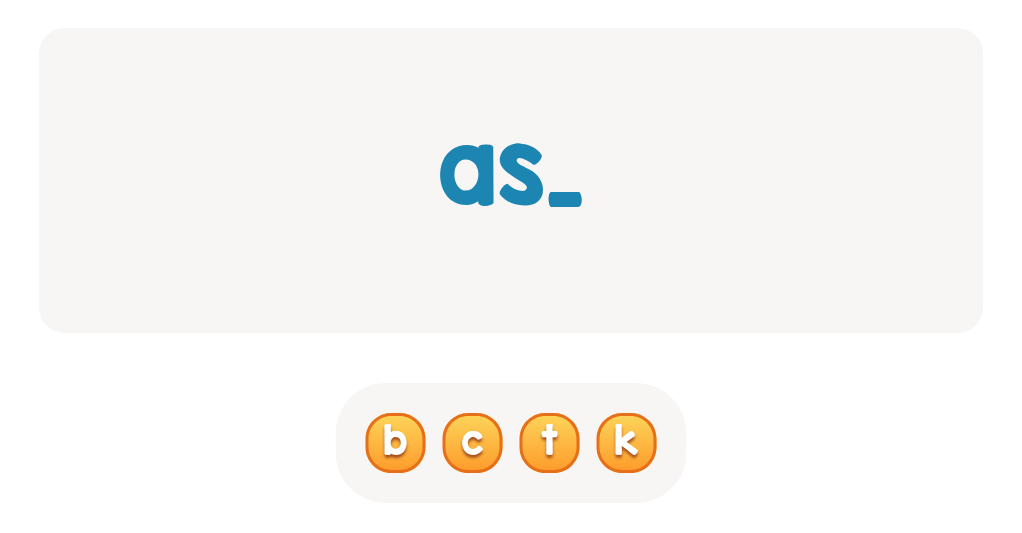


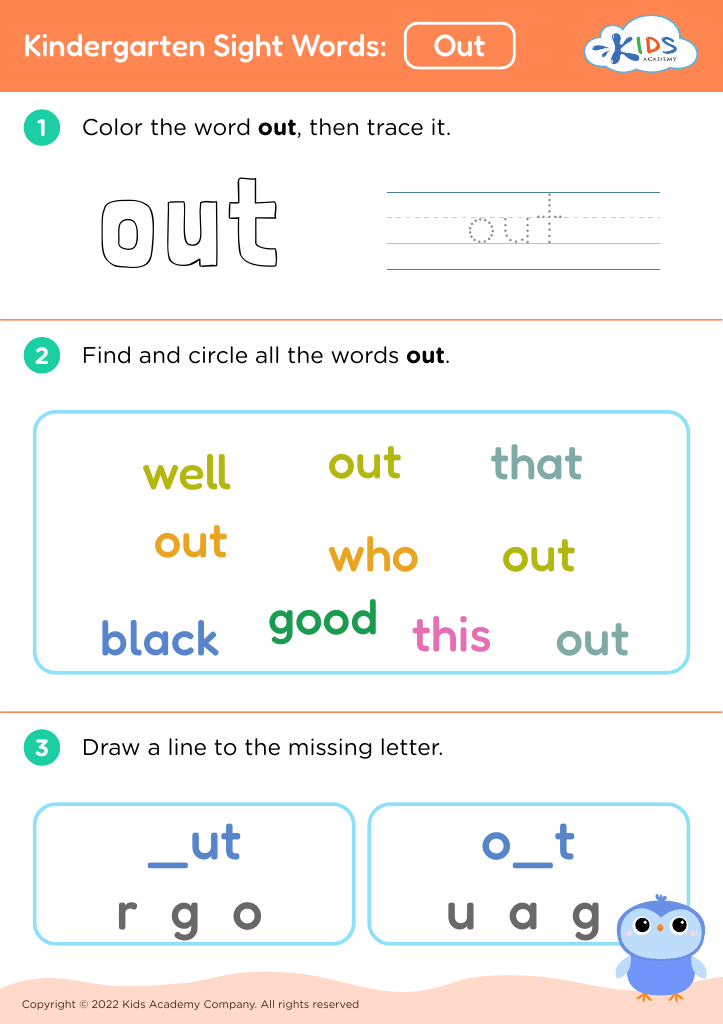





.jpg)




